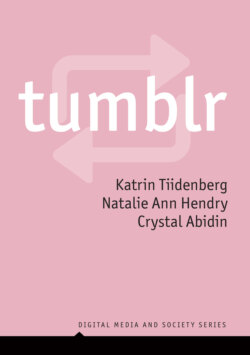Читать книгу Tumblr - Tama Leaver, Crystal Abidin - Страница 23
Governance
ОглавлениеWhile the features and functions of tumblr tell us about the platform at a level of the interface, tumblr’s governance tells us how the platform is structured more broadly, and how and what Tumblr Inc. thinks users should be able to do. Platforms are governed by laws, regulations, general industry logics, and their owners’ vision, but they also govern us, their users, by setting explicit rules, making design and functionality choices (e.g., defaults and mandatory fields in profiles), and policing our behavior for compliance (see van Dijck 2013; Gillespie 2018; Light et al. 2018). The central piece of legislation governing American-owned social media platforms, including tumblr, has been Section 230 of the US Communications Decency Act (CDA 230). It states that internet intermediaries – including social media platforms – are not liable for their users’ harmful speech, yet are allowed to regulate it as they see fit, without losing this “safe harbor” from liability.3 While CDA 230 has consistently been heralded as the cornerstone of internet innovation and free speech, it has also been critiqued for letting social media platforms off the hook on a false premise that they are not shaping, amplifying, and suppressing content for profit (Marwick 2017). Here, we discuss how participants, practices, and content are moderated on tumblr. We follow this with a brief discussion on how algorithms are used in content moderation.
